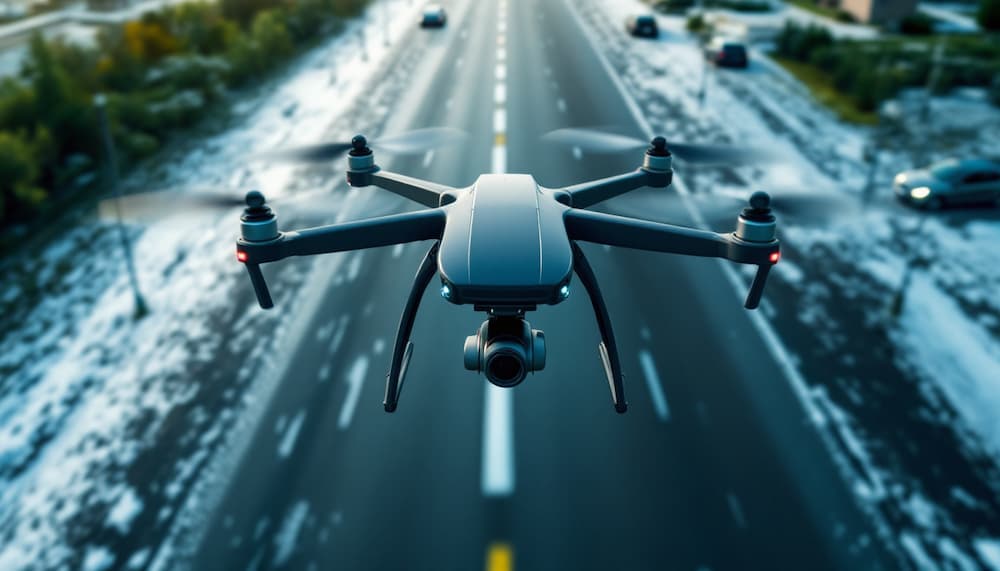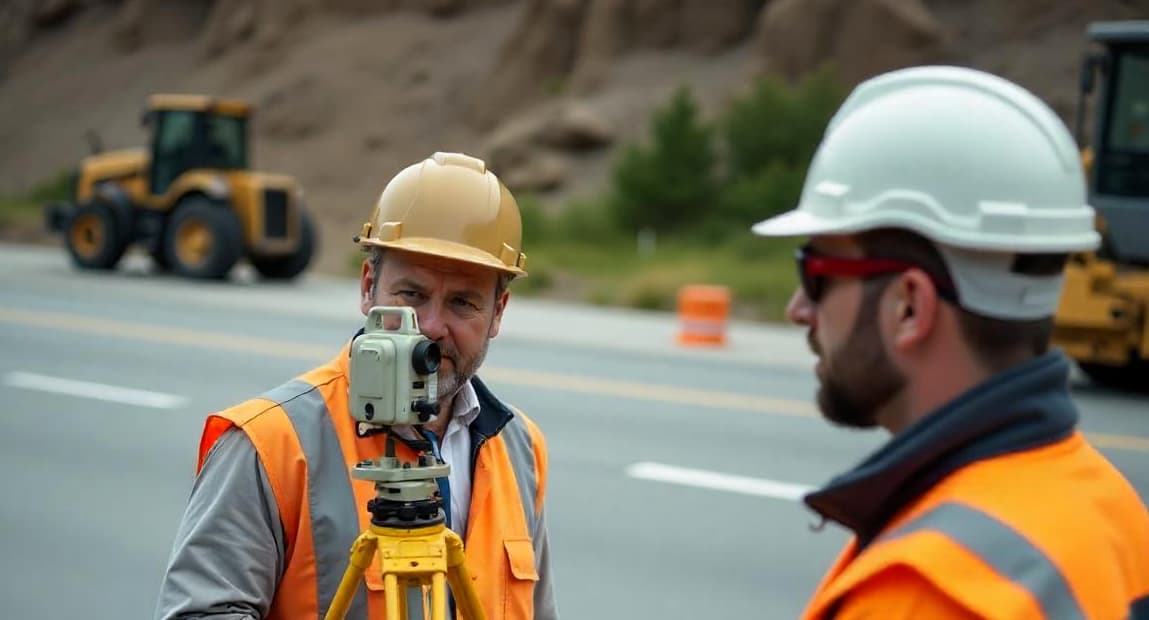The Role of AI and Automation in Road Resurfacing Projects
January 02, 2025 Road Resurfacing, Smart Roads 4 min read

Artificial intelligence, as we all call AI, and automation are quietly revolutionising road resurfacing projects. With technology advancing faster than ever, construction companies are achieving new levels of efficiency, safety, and quality in roadworks.
Why AI and Automation Matter in Road Resurfacing
Road resurfacing is no easy task. It demands precision, time management, and safety compliance. Using AI and automation, processes that once relied entirely on manual expertise are now streamlined, saving both time and money.
Imagine machinery that can “sense” imperfections beneath the asphalt or software that predicts the ideal time for maintenance. These capabilities aren’t futuristic fantasies anymore, they’re happening now.

Road Laser Scanning
How AI Predicts Road Wear and Improves Planning
Think about the cracks and potholes you occasionally dodge on a morning drive. AI sensors can detect tiny signs of road fatigue before they become visible. Machine learning models analyse historical traffic data, weather impacts, and material fatigue, creating maintenance schedules that prevent costly damage.
By predicting road deterioration, governments and construction companies are keeping roads in better condition while cutting down on emergency repair costs. This ensures smoother journeys for everyone.
Example Applications in Planning
- Traffic Analysis: AI models simulate traffic flows to choose optimal times for resurfacing, reducing disruptions.
- Material Forecasting: Predictive algorithms calculate the exact amount of asphalt and aggregates needed, reducing waste.
Smart Machinery and Automation in Action
Automated machinery is the backbone of modern resurfacing. These machines not only work faster but also ensure consistency, which is a crucial factor in creating durable road surfaces. Automation reduces human error and ensures projects stick to budgets and timelines.
Some examples include:
- Autonomous Paving Machines: Programmed to lay asphalt evenly, improving surface quality.
- Automated Rollers: Consistent pressure ensures roads are tightly packed and durable.
This technology isn’t replacing human workers, it’s working alongside them to increase output while reducing strain.
AI and Safety Protocols in Roadworks
One of the main challenges of road resurfacing is ensuring the safety of workers and road users. AI-driven safety monitoring systems are a game-changer here.
Drones now scan worksites, identifying hazards that might go unnoticed by the human eye. Meanwhile, AI-powered cameras monitor workflows in real time, ensuring compliance with safety regulations.
Safety Benefits Include
- Hazard Alerts: Detects dangers like equipment malfunctions or unauthorised entries into work zones.
- Predictive Maintenance: AI analyses machine wear and sends alerts before breakdowns occur.
By integrating safety measures directly into their processes, construction teams can create safer environments for everyone involved.
Environmental Gains Through Smarter Practices
Road resurfacing, traditionally notorious for its environmental footprint, is becoming greener thanks to technology. AI helps optimise material usage, reducing waste. Automated machinery also consumes less fuel through efficient operations.
A growing trend is the use of recycled materials in resurfacing projects. AI algorithms calculate the best proportions of reclaimed asphalt to ensure quality without compromising sustainability.
Long-Term Environmental Benefits
- Cleaner Energy Usage: Automation reduces fuel emissions by streamlining processes.
- Reduced Waste: Precise calculations leave no material unused.
Challenges With AI Adoption
Like any innovation, adopting AI and automation comes with hurdles. High upfront costs can be daunting for smaller companies. Additionally, integrating AI systems into traditional workflows requires training and adjustments.
Data security and ownership present another layer of complexity. With machines constantly collecting data, it’s crucial for firms to handle this responsibly.
Still, the benefits far outweigh the challenges. As initial investment costs shrink, more companies are expected to jump on board.
Resurfacing Roads, Reshaping the Industry
The integration of AI and automation into road resurfacing projects marks a pivotal turning point. From predictive maintenance to automated safety, the benefits of these tools are limitless.
While the journey may involve a learning curve, safer roads, reduced costs, and happier commuters make it all worthwhile. Together, AI innovations and automated systems are paving the way (literally!) for a smarter, more sustainable future in roadworks.
Get your free surfacing quote
Let our team of experts handle your surfacing — get a free quote today.